
Featured Tools
Prominent Content Management Systems (CMS)
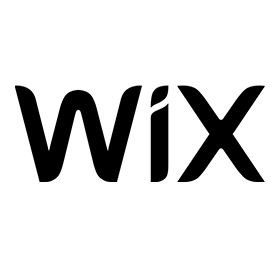
Wix
Wix.com is the industry-leading website development platform serving thousands of agencies worldwide. The full suite of powerful tools and solutions gives your team the freedom to create sites exactly the way clients want. Visit Website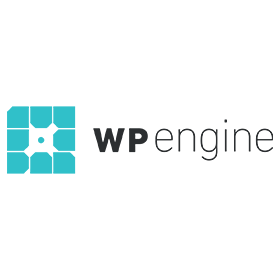
WP Engine
WP Engine’s premium managed hosting platform provides the performance and reliability required by the biggest brands in the world while remaining affordable and intuitive. Use this link to give your audience 3 months free on annual plans! Visit Website
Storyblok
Storyblok is a Content Management System that provides developers with all the flexibility they need to build reliable and fast websites whilst giving content creators with no coding skills the ability to edit content independently of the developer. Visit Website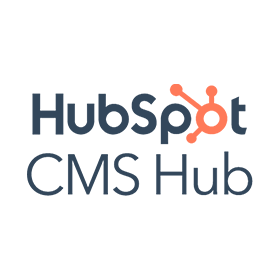
HubSpot CMS Hub
HubSpot's Content Management System (CMS) helps you easily create and manage website pages personalized for different visitors. The platform is also optimized for devices and conversions. Visit Website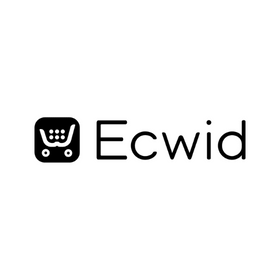
Ecwid
Ecwid is a free shopping cart that allows anyone to easily create online stores and sell everywhere from Facebook to mobile. Visit WebsiteDAN Member Tools
in Content Management Systems (CMS)

Wix
Wix.com is the industry-leading website development platform serving thousands of agencies worldwide. The full suite of powerful tools and solutions gives your team the freedom to create sites exactly the way clients want.
Free Listing Tools
in Content Management Systems (CMS)

Prismic
Prismic is a headless CMS with an API. They aim to simplify editing content on your website and make work enjoyable for developers, marketers, and content teams.

Craft CMS
Craft CMS is a focused Content Management System for developers, designers, and web professionals that blends flexibility, power, and ease of use for clients.
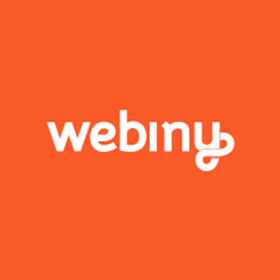
Webiny
Webiny is an open-source platform that provides you with developer tools, libraries, ready-made apps and processes specifically created for serverless development.

ButterCMS
ButterCMS is a headless content management system and blog engine that integrates easily into any new or existing web project in minutes.

Storyblok
Storyblok is a Content Management System that provides developers with all the flexibility they need to build reliable and fast websites whilst giving content creators with no coding skills the ability to edit content independently of the developer.

Strapi
Strapi is an open-source headless CMS to manage content easily and distribute it anywhere you want. Based on Node.JS, it saves days of development time through a beautiful admin panel anyone can use.

HubSpot CMS Hub
HubSpot's Content Management System (CMS) helps you easily create and manage website pages personalized for different visitors. The platform is also optimized for devices and conversions.

WP Engine
WP Engine’s premium managed hosting platform provides the performance and reliability required by the biggest brands in the world while remaining affordable and intuitive. Use this link to give your audience 3 months free on annual plans!
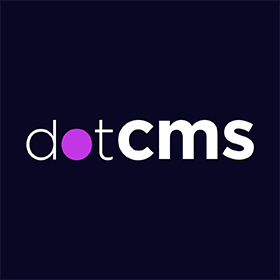
dotCMS
dotCMS enables organizations to create, reuse, store and manage content with key features, including content authoring, multi-channel deployment, role-based access, APIs, workflows, and analytics.

GraphCMS
GraphCMS enables developers to build powerful content APIs in a matter of minutes, while it gives content editors all the tools they need to manage their content. The hosted content APIs can then be easily consumed by websites, apps or any other platform or partner.

Ecwid
Ecwid is a free shopping cart that allows anyone to easily create online stores and sell everywhere from Facebook to mobile.
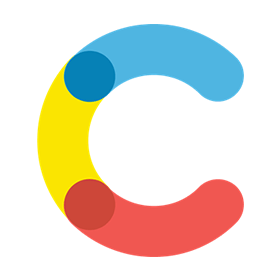
Contentful
Contentful is the next-generation content platform to build digital experiences at scale. It enables teams to unify content in a single hub, structure it for use in any digital channel, and integrate seamlessly with hundreds of other tools.
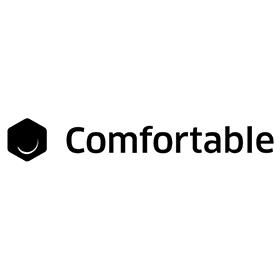
Comfortable
Cloud-based API-first CMS with intuitive content creation and an easy-to-integrate API to deliver your content anywhere.

Sanity.io
Sanity.io is the platform for structured content. It comes with an open-source editing environment called Sanity Studio that you can customize with JavaScript and a real-time hosted data store.

Kontent by Kentico
Kontent by Kentico is the headless CMS where modern digital experiences are made. In the content hub, marketers plan and publish resonating content, while developers make the experience look and feel great on any channel.
What Does Content Management System (CMS) Software Do?
Whether you are planning to create a website or improve the existing digital experiences you might need to have a great content management system (CMS) in order to manage web content. Finding the best content management systems for small business that answer all your needs can be tough as there are numerous options in the market. While some offer open source content management systems, some provide cloud content management systems or headless CMS solutions.
Simply put, a web content management system helps users create, edit and publish content and also manage them easily in a digital environment. Not only it is managing content but it is also managing web pages and empowers the hosting platform in the back. CMS software provides personalization functionality to your site content that works well in one-to-one marketing activities.
CMS solutions allow you to build and manage web content while publishing them through different platforms. It provides ease with a drag and drop editor in the creation and personalization process. As CMS software has a rich library, you can simply create highly customizable content by adding videos, images or infographics.
What are the Key Benefits of Using Content Management Systems for Small Business?
Top content management systems bring many benefits to your business. The core benefits would be quick and easy web page management, user friendly content creation, a data-driven approach, search engine friendly optimization, archive capabilities, shareable resources, content manipulation, mobile accessibility and much more.
Using a well-performed web content management system also reduces costs and saves you time. If the management tool has a low learning curve, you don’t need to hire a developer to implement the tool into your system and train you on how to use it. This helps save you a penny.
How to Choose a Content Management System for Small Business?
CMS system provides simple, scalable and flexible solutions for both small and medium businesses. The key point is that posting content for websites to gain revenue and increase their traffic. It is possible to find various solutions that meet every unique need. The list of content management systems we have gathered includes open source, cloud based and free content management systems.
Want to be Listed?
Ready to find your new customers on Digital Agency Network? List your tools to reach digital marketing agencies and digital marketers all around the world.
SUBMIT YOUR TOOL